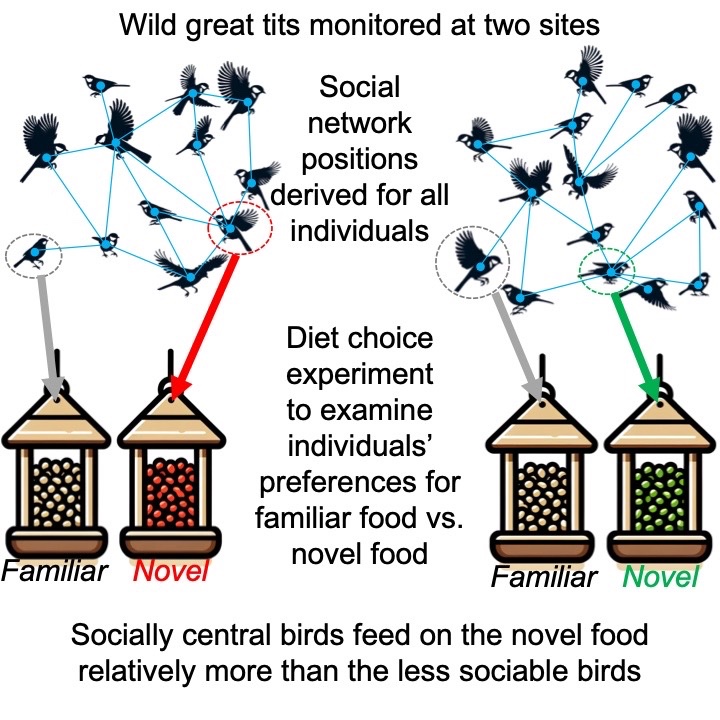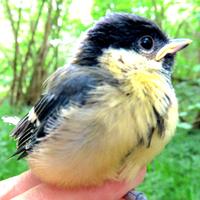
Wytham Tit Study
@wythamtits
Updates from the Edward Grey Institute's long-term population studies of tits based at Wytham Woods near Oxford
ID: 2421094333
http://www.WythamTits.com 31-03-2014 21:27:33
1,1K Tweet
2,2K Followers
303 Following

Check out our new paper in eLife - the journal where we simulate behavioural spread using different social learning rules on empirical great tit social networks! @Ben_Sheldon_EGI Josh Firth doi.org/10.7554/eLife.…

The most socially connected individuals aren’t always the first to acquire new behaviours! New paper in eLife - the journal led by Kristina Beck w/ @Ben_Sheldon_EGI uses Wytham Tit Study networks to examine how different contagions may operate in real systems. Paper here elifesciences.org/articles/85703
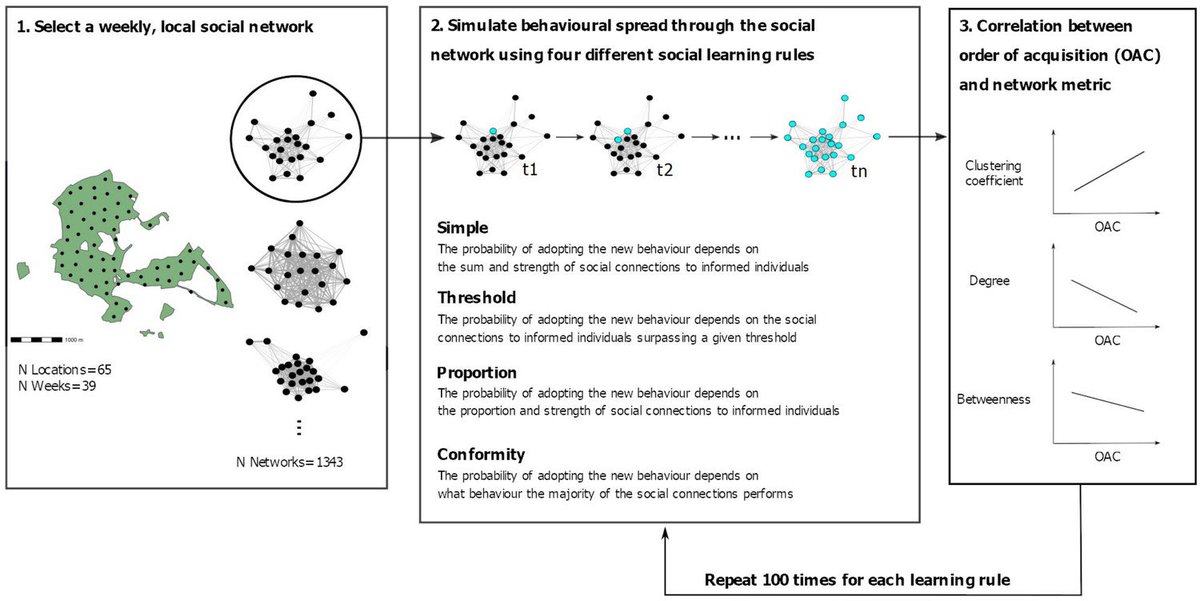
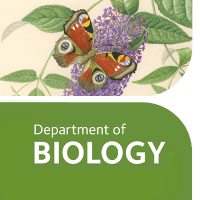
Copying others is key in social learning - but being sociable doesn't necessarily mean picking up new behaviours more quickly New research from Kristina Beck Josh Firth @Ben_Sheldon_EGI on the 'complex contagion' of social learning 👉 bit.ly/3oZafKj


Nice surprise to see Journal of Animal Ecology's research highlight by Keith Bowers on our work on age-assortative mating. Really great summary of our main findings & puts them into the wider context. Also includes some beautiful graphs I wish I made! @Ben_Sheldon_EGI Ella Cole Josh Firth



Seeing a lot of social media commentary just now about low levels of invertebrates impacting survival of nestling Blue & Great Tits. In the midst of peak brood-ringing so will update when data in, but our impression from Wytham Woods is of high survival & well-timed reproduction

Another field season in Wytham Woods draws to a close - still seeing high nestling survival, very little asynchrony in broods & caterpillar abundance still high. The traditional field team photograph - it would be impossible to do this work without this fantastic team!


Two well funded PhDs on sustainable arable farming in the context of suppliers to Irish Distillers #sustainable IEA Yvonne Buckley UCC Ireland Biological, Earth & Environmental Sciences, UCC Teagasc
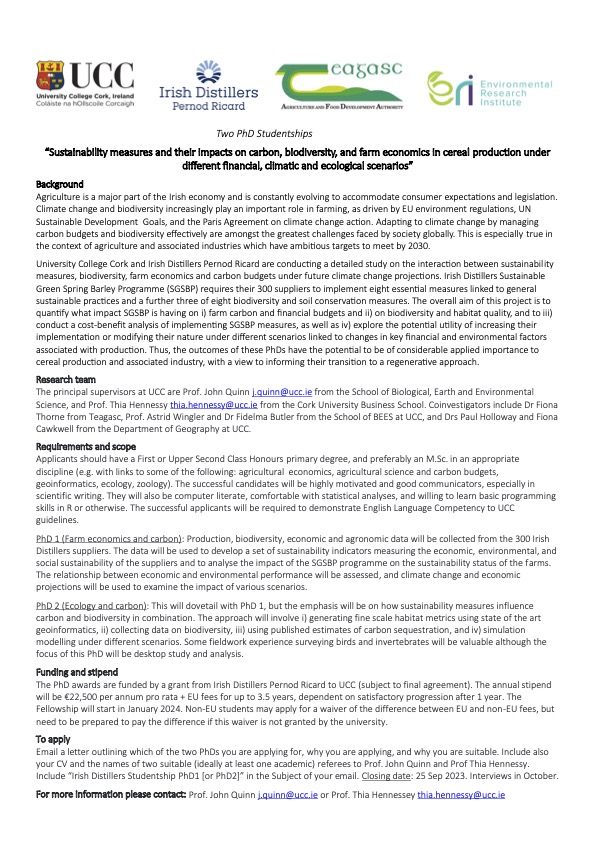



We're recruiting! We are looking for both birdy & more general ecology field assistants to come and work in Wytham Woods for 9-12 weeks this spring (see details below). Closing date for applications 9th Feb. Please share with anyone who might be interested!
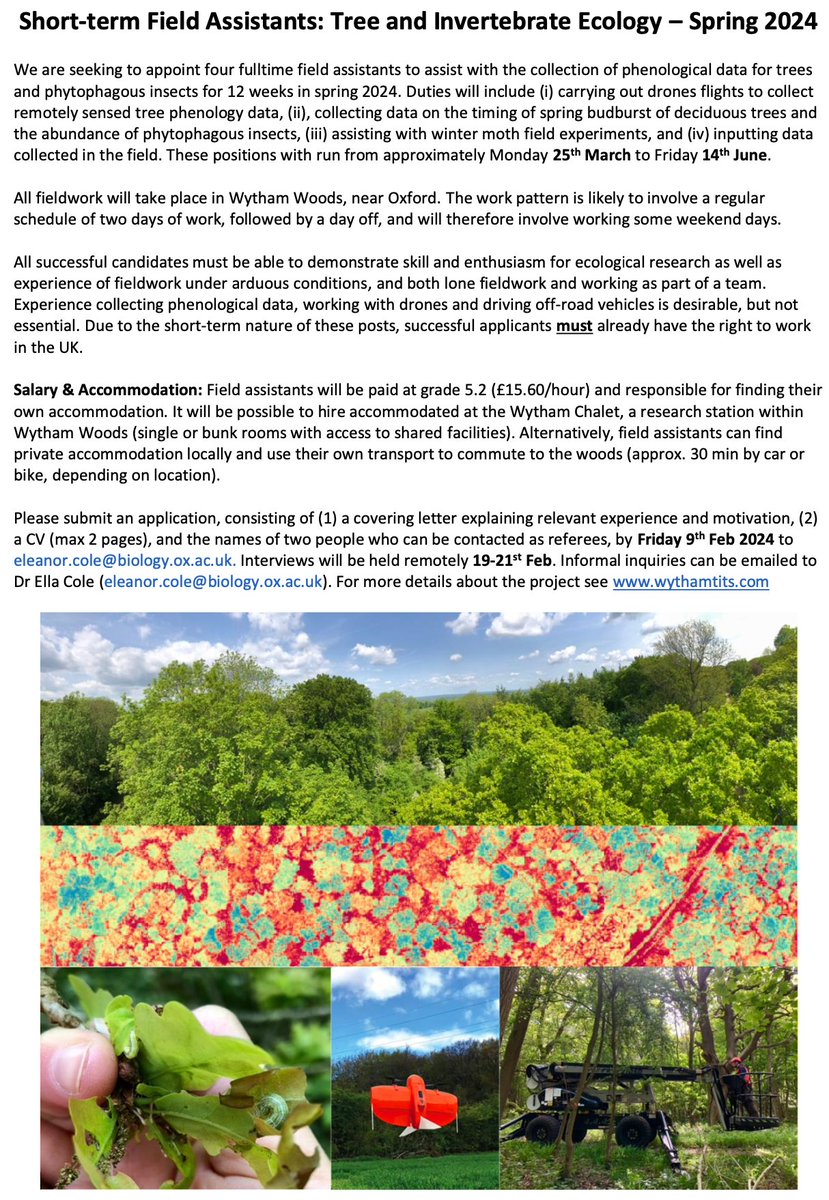



Up now at the The Royal Society Age & Sociality conference we have Joe Woodman speaking about population age structure and social ecology using the Wytham Tit Study as a model system



Social birds are more adventurous with their food🐦 A new study led by Oxford Biology researchers in Wytham Woods has found that birds that are more social are more likely to use novel sources of food. 👇 bit.ly/4aoGBkc




